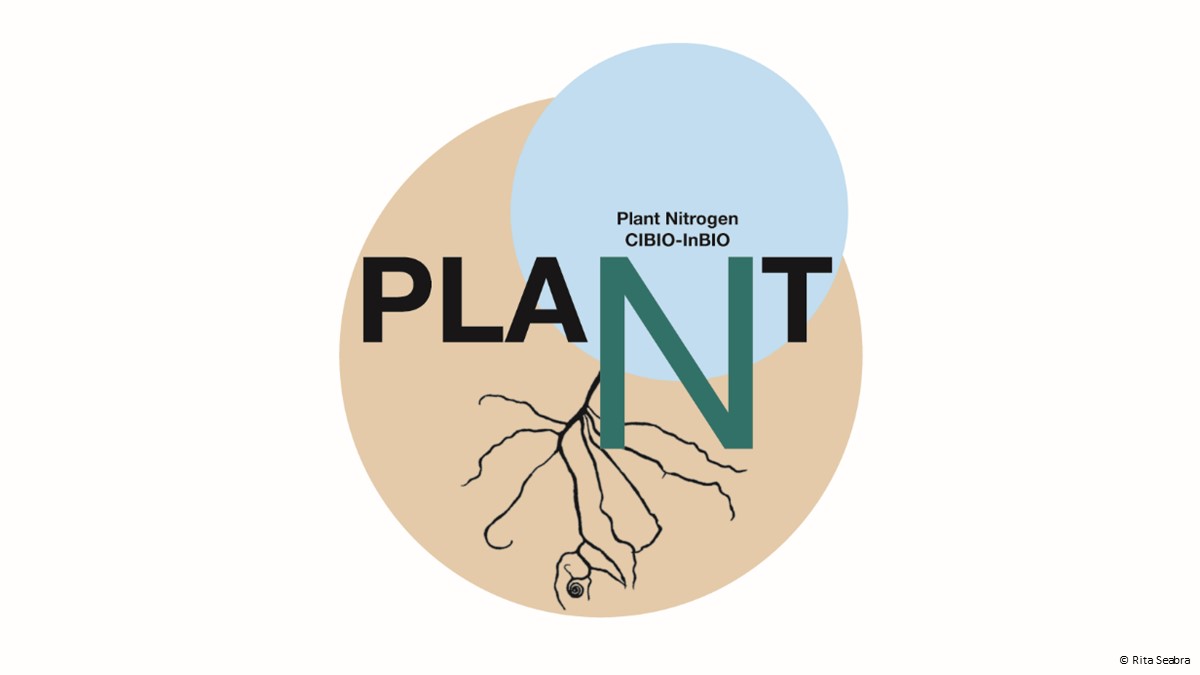Plant Nitrogen - PlantN

Nitrogen is the major nutrient limiting plant growth and crop yield. Because of its strong impact on plant productivity, a large amount of nitrogenous fertilizers is applied in agriculture to maximize crop yields with serious detrimental effects on the environment, including water contamination and global warming. It is therefore extremely important to understand the mechanisms by which nitrogen is taken up and utilized by plants to optimize plant nitrogen use efficiency and avoid excess fertilization. The broad objective of our group is to elucidate the molecular mechanisms that plants use to acquire and recycle nitrogen. Legumes, unlike most other plant families, are able to form symbioses with nitrogen-fixing bacteria (rhizobia), enabling them to obtain nitrogen from the atmospheric N2. Thus, these plants have a selective advantage in many natural environments, and they are valuable for sustainable agriculture. We are using the model legume Medicago truncatula to investigate several aspects related to N metabolism in plants. Our major contribution to the field was the elucidation of several regulatory aspects of the key N-metabolic enzyme glutamine synthetase, having provided new and significant insights concerning its expression, post-translational regulation, biochemistry and three-dimensional structure. GS catalyses the first step of nitrogen assimilation in higher plants and is a suitable intervention point for the improvement of nitrogen use efficiency and crop yields. The final goal of our research is to isolate regulatory components involved in relevant nitrogen metabolic and signalling pathways, which may be used to increase the efficiency of nitrogen utilization in plants. These studies on a model plant could then be extended to crop plants, where there are obvious advantages in increasing the nitrogen use efficiency and hence decreasing the reliance on nitrogen-based fertilizers in agriculture.
